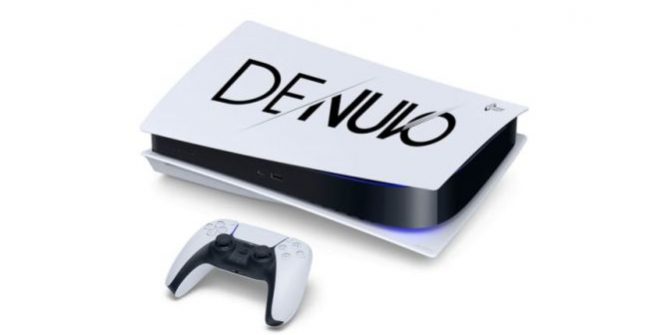This anti-cheat system has already caused a ruckus last Spring when DOOM Eternal got Denuvo Anti-Cheat on PC, ruining its performance and stability, which led to then-independent Bethesda to remove it as soon as possible.
Denuvo Anti-Cheat (DAC onwards) has become part of the PlayStation 5 Tools and Middleware program, meaning the anti-cheat system is now available for the studios that develop for the PlayStation 5. You could say that it would be useful in multiplayer titles, but we have to go back to DOOM Eternal, as there, no matter if you played single-player or Battlemode (where other players could invade you), both Denuvo Anti-Tamper and Denuvo Anti-Cheat were enabled, and since both of them required an Internet connection, they were both taxing the CPU and the RAM.
Thus, it’s going to be interesting to see when the microtransaction-hungry publishers, such as Ubisoft, start to hop onto it. We already saw their single-player titles, such as Far Cry and Assassin’s Creed, have single-player microtransactions, and since the French publisher is one of the biggest customers for Denuvo, prepare for them to use this DRM layer in their games that could bring up performance-related questions.
Denuvo claims that „several games” have already used the tech amongst the PlayStation 5 launch titles. „Cheating ruins video games for honest players. This can lead to lower engagement, game traffic and shrinking revenues for game publishers. We are proud to be able to help the world’s most talented developers to bring rich experiences for gamers on PlayStation 5,” said Reinhard Blaukovitsch, Managing Director of Denuvo, Irdeto.
For cross-platform games, yes, PC users can be a bad influence on console players’ experiences, which is why last year, we already saw Call of Duty: Warzone console players disable cross-platform play. While it’s logical, we have to ask: won’t single-player games get the short end of the stick because of this additional DRM?
Source: PSL
















Leave a Reply